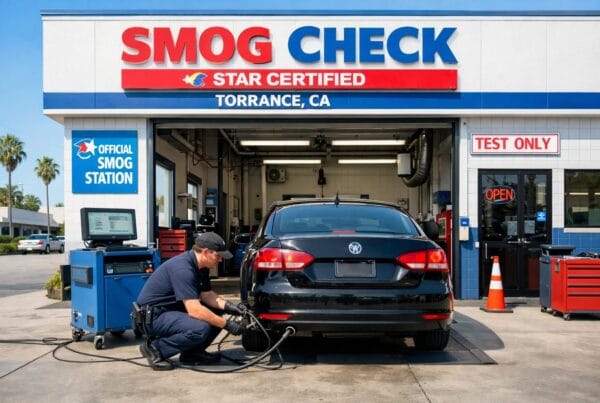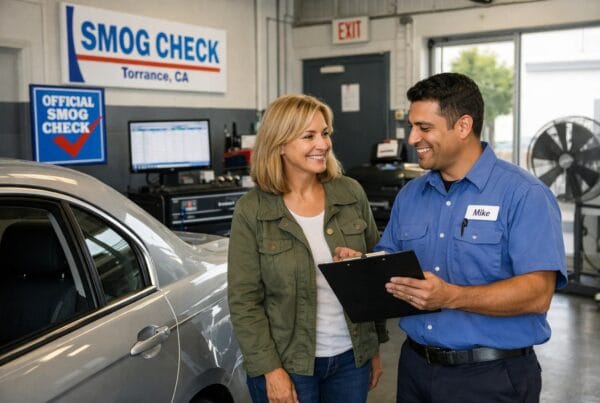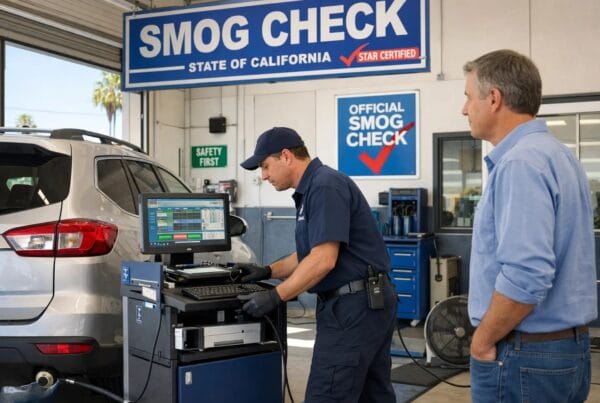If you own an older or high-mileage vehicle, passing a smog check can sometimes be a challenge. As vehicles age, their emissions systems may become less efficient, resulting in higher emissions levels. However, with proper maintenance and a few key strategies, you can increase your chances of passing a smog check with flying colors. In this article, we’ll share valuable tips to help you navigate the smog check process and keep your older or high-mileage vehicle running cleanly.
- Regular Maintenance: Regular maintenance is crucial for any vehicle, especially older ones. Be proactive and follow the manufacturer’s recommended maintenance schedule, including oil changes, air filter replacements, and spark plug inspections. Well-maintained engines tend to emit fewer pollutants, which can significantly improve your chances of passing a smog check.
- Address Check Engine Light: If your check engine light is on, it’s essential to address the underlying issue before going for a smog check. A lit check engine light often indicates an emissions-related problem that can cause your vehicle to fail the test. Take your vehicle to a trusted mechanic to diagnose and resolve the issue promptly.
- Drive Your Vehicle Before the Test: Before taking your vehicle for a smog check, make sure to drive it on the highway for a good 20-30 minutes. This helps warm up the engine and catalytic converter, allowing them to reach their optimal operating temperatures. Warm components are more efficient in reducing emissions, increasing the likelihood of a passing smog check result.
- Use Fuel Additives: Fuel additives specifically designed to reduce emissions can be beneficial for older or high-mileage vehicles. These additives help clean the fuel system, remove carbon deposits, and improve combustion efficiency. Follow the manufacturer’s instructions and add the recommended amount of fuel additive to your gas tank before your smog check.
- Ensure Proper Tire Inflation: Properly inflated tires not only improve fuel efficiency but can also have a positive impact on emissions. Underinflated tires can cause your vehicle to work harder and emit more pollutants. Regularly check your tire pressure and inflate them to the recommended levels specified in your vehicle’s manual.
Passing a smog check with an older or high-mileage vehicle may require some extra attention and maintenance, but it is entirely achievable. By following these tips, including regular maintenance, addressing check engine light issues, warming up your vehicle before the test, using fuel additives, and maintaining proper tire inflation, you can increase your chances of successfully passing the smog check. Remember, a clean-running vehicle not only benefits the environment but also ensures that your vehicle operates efficiently for years to come.
Implement these strategies, and when it’s time for your smog check, visit EZ Smog Check, where our experienced technicians will provide thorough inspections and help you stay on the road and in compliance with emissions regulations.
Remember, for a cleaner environment and a well-maintained vehicle, EZ Smog Check is here to serve you.



